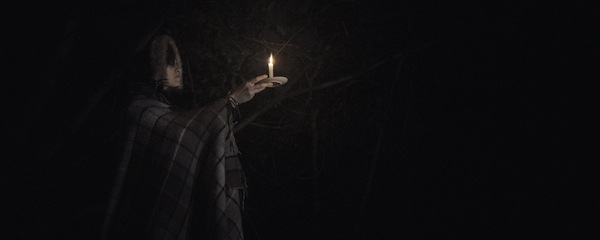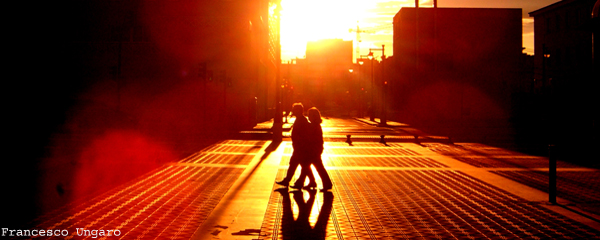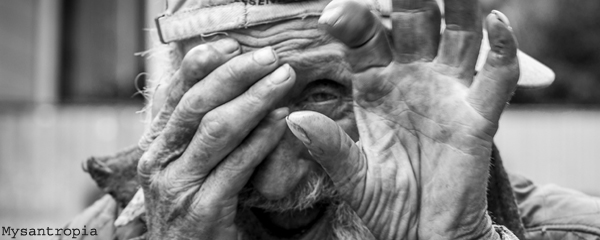‘These tales are not classic ghost stories to be read aloud by candlelight at the fireside. They are unlikely to keep you awake at night, twitching at the creaks and groans of an empty house. But they will linger long after reading, as they haunt the deepest recesses of your psyche and buried fears…’ TRACY FELLS takes us into the beating heart of these ghostly tales.
PODCAST: In the first instalment of this series of Short Story Masterclass podcasts, Jac Cattaneo talks with MICHEL FABER about keeping the reader in safe hands, writers making things up, sadness and poignancy, and stories determining their own lengths.
MIKE SMITH compares two stories from James Salter’s collection Last Night: ‘The trajectories of both narratives, although not quite parallel, run close enough for the reader to be aware of the similarities between them. It is as if the author has been testing the same theory under alternative conditions…’
SÉAMUS DUGGAN explores three short stories that ‘contain a true sense of the world’s absurdity: a drunkard Klansman planning to teach some bootleggers a lesson; a peasant putting life and limb at risk for a bitch that he had, just a few minutes earlier, tried to drown; a punch line turned back on the joker…’
SUSMITA BHATTACHARYA tells of the stories that remind her of home in Murzban F. Shroff’s collection Breathless in Bombay: ‘It breathes on my bookshelf, picked up by me time and again, flooding my home in England with the sights, smells and chaos of my homeland.’
JONATHAN PINNOCK explores the humour in Nick Parker’s The Exploding Boy and Other Tiny Tales: ‘…the humorous writer has a whole kit of additional tools to bring to bear on a subject. Even the serious ones. Especially the serious ones…’
‘It is not often that a modern writer achieves the dubious honour of having an adjective coined as a result of their work. But a word has been added to our lexicon in the case of J. G. Ballard…’ DREW WHITTET explores the development of Ballard’s science fiction short stories.
STEPHEN DEVEREUX sees the modern world reflected in Joseph Conrad’s tragic story of a shipwrecked migrant: A lesser writer might have been content with the telling of a story of how a poor uneducated girl overcomes the xenophobia of a rural community, but Conrad has only just begun.







